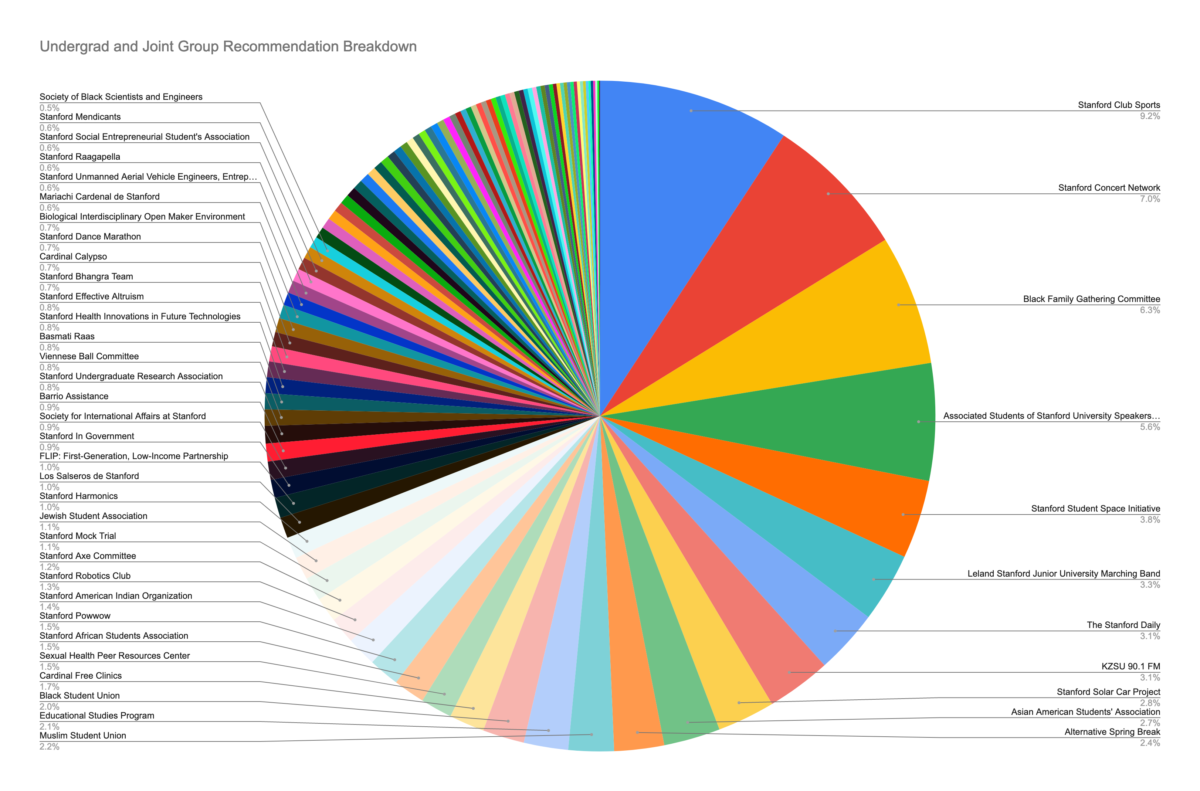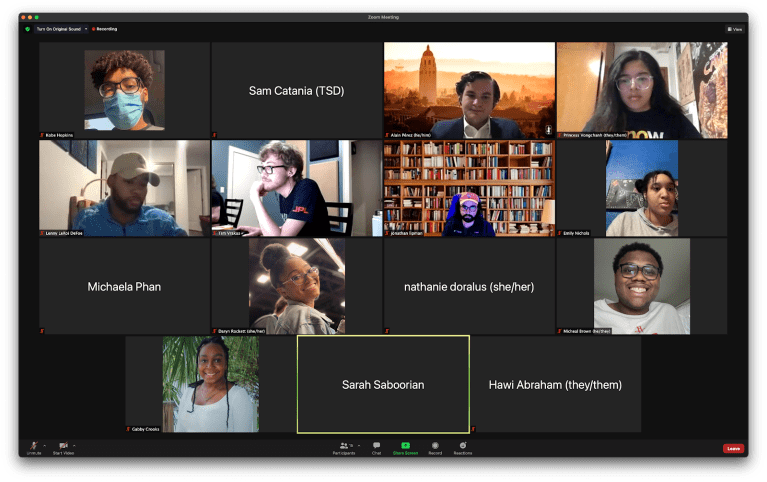Undergraduate senators called on Stanford to expand scribe services for disabled students at their Monday meeting, pointing to a failure of University leadership in issues of accessible education.
Their unanimously-passed resolution comes as Antonio Milane, a prospective student in the class of 2025 with cerebral palsy, was denied funding for a scribe which he needs to complete assignments. Milane posted a now-viral video on Instagram explaining his need, and a petition calling for Stanford to provide him with a scribe has now exceeds 50,000 digital signatures.
“They’re on the wrong side of this and they should be held accountable,” said Senator Kobe Hopkins ’22 of the University’s decision. Hopkins disagreed with Stanford’s reasoning that the accommodation was not legally mandated. “Frankly, it’s not about the law, it’s … about what’s right and what’s wrong,” he said.
The resolution called for a scribe to be provided for Milane because the University has “adequate resources” to pay for one. It also urges Stanford to reassess its approach to disability accommodations so that any admitted student could attend the school, regardless of financial or disability status.
Senator Jonathan Lipman ’21 suggested that any argument the University made based on a minimum legal requirement was “mistaken” because Stanford goes far beyond any legal requirements when it comes to offering financial aid.
Hopkins agreed, saying that “to act like the law is a dictation of morality is just not true.”
“It’s really disheartening that Stanford is not taking the opportunity to step up and … be a leader,” Hopkins said. He believes Stanford should go above the policies of its peer institutions in advancing accessible education.
“While scribing or typing assistance for homework outside the classroom is considered a personal service under the law and under Stanford’s policies, which Disability Services does not fund, we connect students to resources to help them identify those funding sources,” wrote University spokesperson E.J. Miranda in a previous statement to The Daily.
Funding distribution and grant trends
Senators also unanimously approved recommendations for the 2021-22 academic year budget for student organization annual grants. The senate targets a budget increase of less than 5% of the previous year’s budget, this year raising their recommendation for spending by approximately 3.7%.

Changes in the amount of money requested, amount approved, and percent of request granted by the ASSU funding over the past few years. (Graphic courtesy Tim Vrakas, Associated Students of Stanford University)
Over the past three years, student government legislative bodies have granted organizations over 75% of the initially requested funding amount.
Senate treasurer Tim Vrakas ’21 also pitched a potential amendment to the ASSU constitution that would change the process by which senators are elected in future elections. The amendment would implement a single transferable vote system in which voters could rank their choices for senators rather than simply vote for their 15 favorite candidates all at once.
Lipman, who spoke in favor of the amendment, directed senators to a video explaining the process that he and Vrakas believed would result in more fair elections.
